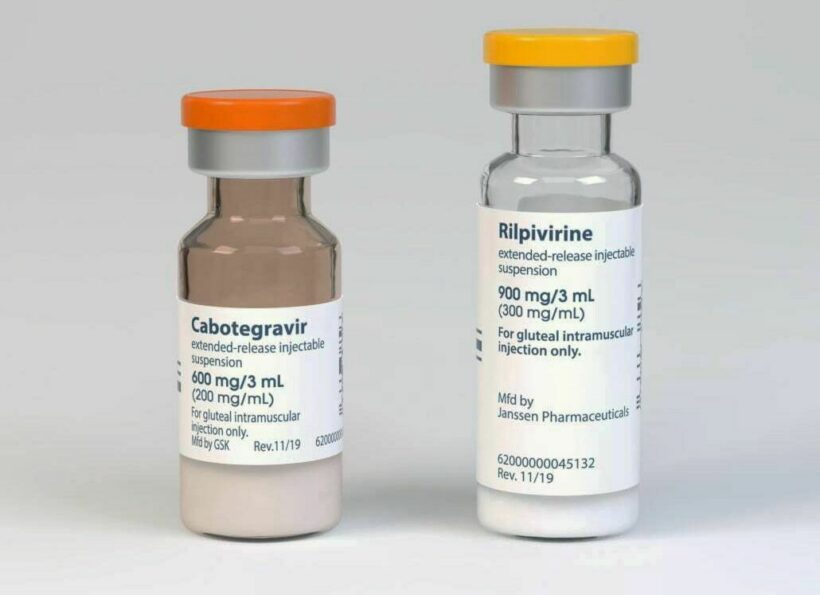England set to defeat HIV virus

England hopes to become first region in the world to defeat the HIV virus, with plans for new medicines to be available across the country. Doctors believe they can prevent all new cases of HIV by 2030.
People with HIV will have access to injectable forms of cabotegravir and rilpivirine, and those with drug-resistant infections will be able to receive fostemsavir after it was approved last week. The aim of HIV treatment is to keep the number of virus particles in the blood, known as the viral load, so low that it cannot be detected or transmitted.

Cabotegravir only needs to be injected every two months, unlike pills which need to be taken every day and can permanently lose their effectiveness if doses are missed.
The new treatments for around 148,000 people in the UK will end uncertainty for those with HIV who have not always been confident they will receive the best treatment.
Professor Stephen Powis, NHS England’s national medical director, said…

“We now have a genuine chance of achieving no new HIV infections, thanks to the unparalleled efforts of NHS staff and our ability to get effective drugs into the hands of the people who stand to benefit.
“This new, national agreement for HIV drugs, along with better testing, diagnosis and support are spearheading the NHS’s fight against the virus by giving more people the treatment they need to stop its spread.”
Great advances have been made since HIV and AIDS were first identified. Last year the number of new HIV diagnoses fell to 2,955. Between 2014 to 2019, the number of transmissions reduced by 34%, due to better treatment and access to preventative drugs.
However, the National Aids Trust warned last year there were “significant inequalities” in access to HIV care, particularly for those outside London and people from black African and Asian backgrounds. Access to HIV treatment has been better in London, home to about a third of all people with HIV.
In 2020, Thailand had an estimated 500,000 people living with HIV and 12,000 people died of AIDS-related causes.
Latest Thailand News
Follow The Thaiger on Google News:


























